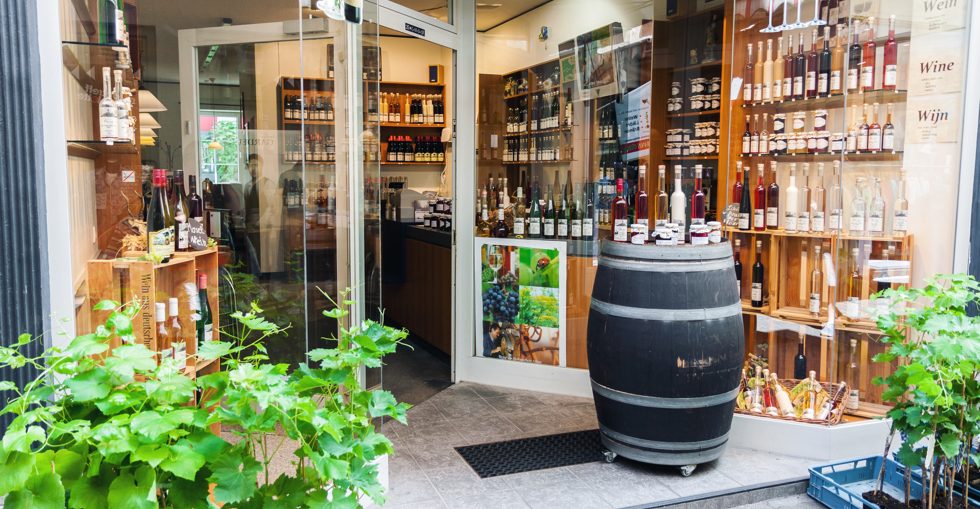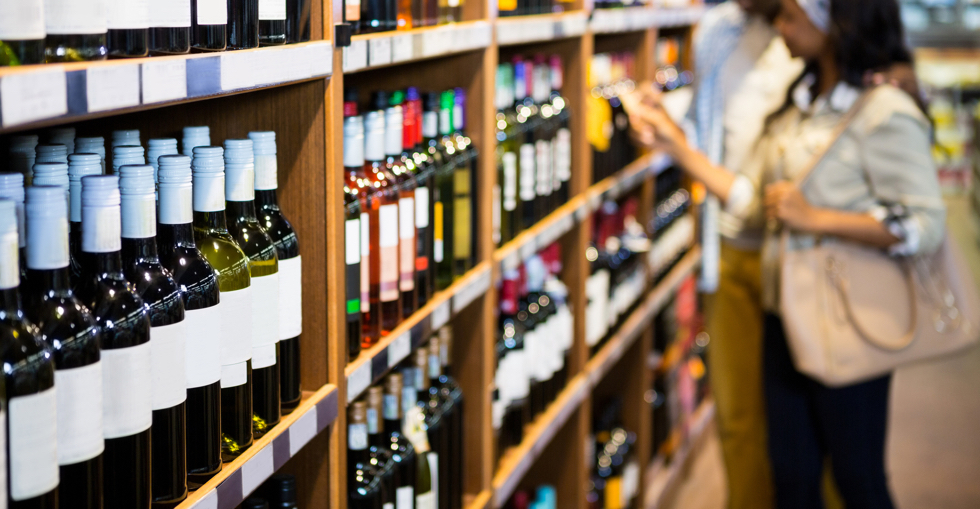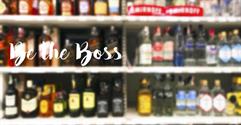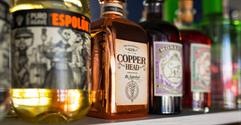So, you’ve done your research and prepared your business plan for buying your own bottle shop. Here’s some helpful advice to get you started off on the right foot.
What does it take to own a bottle shop?
Every business comes with its own set of demands. In order to be a successful bottle shop owner, it’s helpful to have a few of the following skills and know-how:
- A savvy awareness of all things liquor: Being well-versed in a wide variety of alcoholic beverages will be extremely useful as you begin your bottle shop journey.
Obviously, you’ll gain knowledge throughout your ownership, but starting off with a solid understanding of a vast array of liquors will help you guide your patrons in their purchases.
- Exceptional customer service: Ultimately, you’ll enjoy your job and be more successful if you like meeting new people and catering to their needs. A natural friendliness combined with conversational skills will help you form a loyal customer base.
Plus, if you make an effort to learn your patron’s preferences and then offer suggestions based on their previous purchases, they’ll appreciate your attentiveness and be more likely to recommend your store to others.
- Negotiation skills: You will need to constantly evaluate your current suppliers and be ready to negotiate deals. If you find a better price elsewhere, you need to be willing to switch in order to reduce your costs and diversify your inventory.
- Flexibility: You’ll need to pay attention to your competition and think of creative ways to set your business apart. You should be flexible and ready to implement changes in response to consumer trends, preferences, and suggestions.
What to look for:
Buying a bottle shop comes with its own list of licensing and legal requirements. In addition, as with most brick-and-mortar businesses, location is essential to your success. Here’s what to look for during your buyer’s journey:
- Research legal requirements and fees: It can be expensive and complicated to obtain the correct licences for a bottle shop. Regulations vary, so conduct thorough research to fully understand your location’s applicable laws.
- Choose a strategic location: 40% of liquor consumers mention “convenience” as their main reason for choosing a particular bottle shop. Convenience ranks higher than price. So, carefully consider your location, operational hours, parking options, and inventory.
- Research the surrounding area: Are businesses in the area thriving? What are the crime rates? Are the local demographics conducive to a high demand for alcohol? How much competition is there?
- Evaluate the current inventory: If the bottle shop you’re considering has included inventory in the sales price, carefully study the age and quality of the products to ensure they’re truly an asset and not just older items that have failed to sell.
- Inspect the owner’s books and records: Bottle shops are notorious for fudging numbers and skimming cash, so be sure to address anything that seems suspicious. During this crucial stage, it’s highly recommended that you hire professional help.
Due diligence:
The process of conducting due diligence when purchasing a bottle shop goes far beyond a simple assessment of financials, so don’t rush through this important step!
Allow yourself at least a month for the systematic task of evaluating a potential business for purchase. Focus on analysing the following factors:
- Financial records: Enlist the help of an accountant with experience in the bottle shop industry to thoroughly review the profit and loss statements, balance sheets, and tax returns from the last three years.

Additional items to review would be supplier invoices compared to revenues. Be extra cautious with cash transactions involving suppliers, and be sure to get written confirmation from suppliers of any ongoing terms and conditions.
When assessing the financial condition of the business, keep in mind these typical industry benchmarks:
- Gross margin should be between 24–28%.
- Rent should be a maximum of 7% of revenue.
- Product mix should be up to 70% liquor or up to 40% wine.
- Labour should represent 5–7% of revenue.
- Net profit should be 8–12% of revenue.
- Inventory should be turned over approximately 8–10 times per year.
Visit here for the price range of bottle shops currently available for sale. If you need funding to purcahse a business, you can read our guide on financing.
- Vendor agreements: Your relationships with wholesalers and suppliers will be essential when you assume ownership of a bottle shop. Research all current vendor agreements to determine if they can be transferred to you or if new ones will need to be made.
- Current staff: Evaluate each employee to determine their loyalty and competency in order to make future decisions about staff hires. Establish a thorough procedure for training to ensure your future success.
Buying your own bottle shop is both exciting and somewhat daunting. If you're not convinced that a bottle shop is the right business for you, you can take a look at other businesses available.





